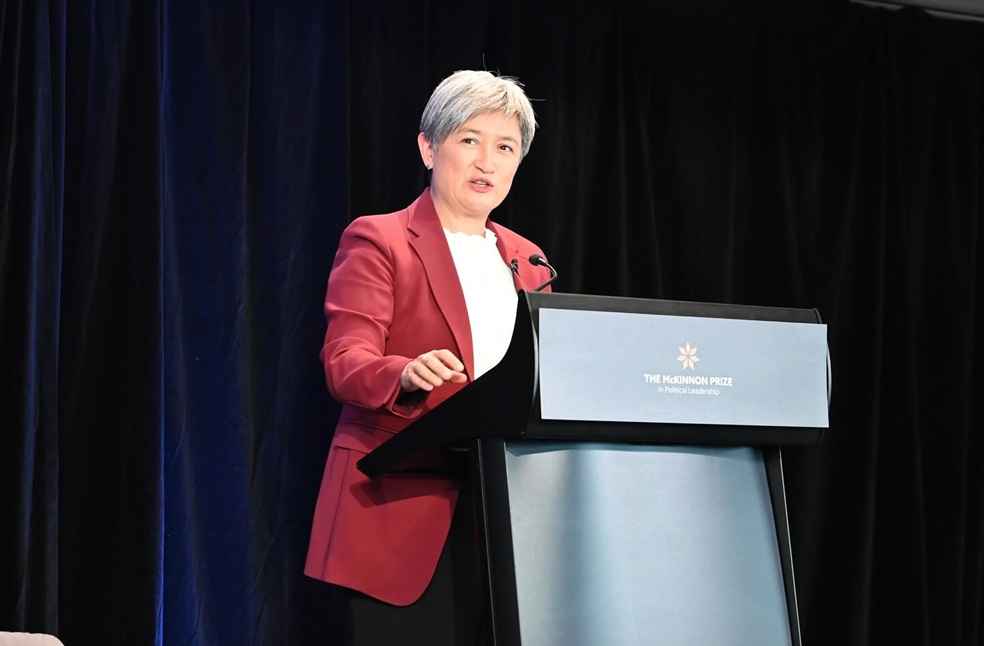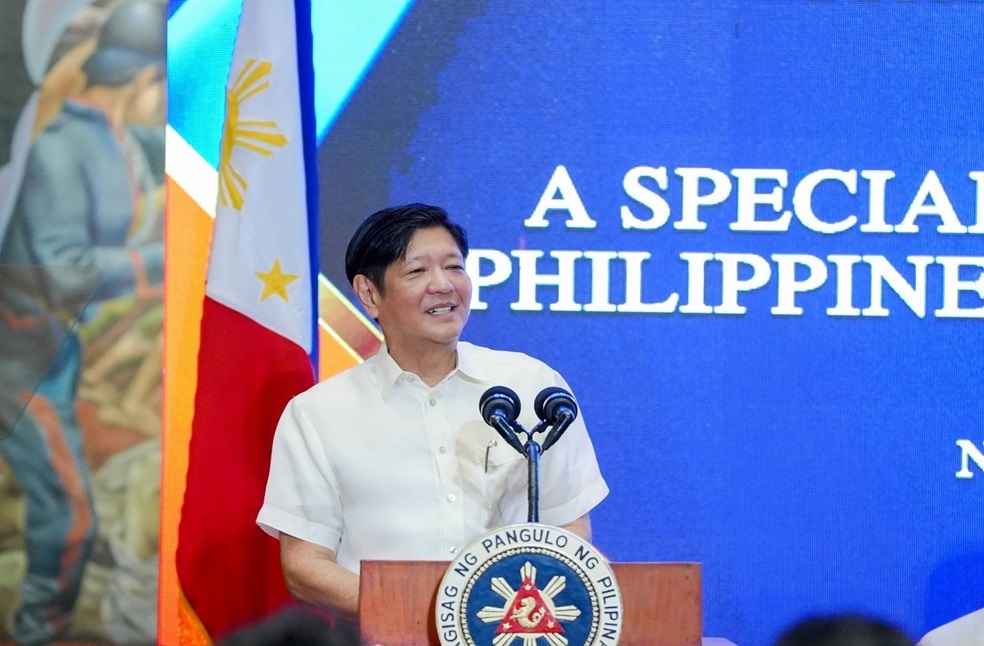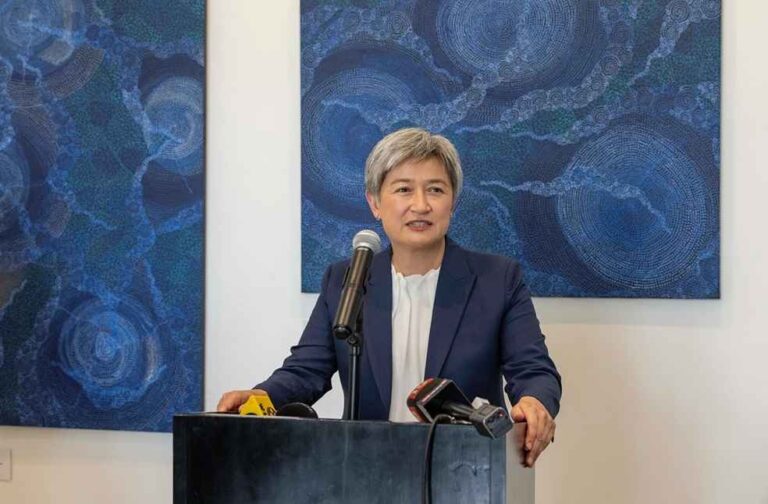Australia: Penny Wong, Australia’s Foreign Minister, has announced the allocation of 64 million Australian dollars ($41.8 million) for maritime security at the Association of Southeast Asian Nations (ASEAN) special summit in Melbourne.
While discoursing at a forum on maritime cooperation, Wong said that, “The countries of our region rely on oceans, seas and rivers for livelihoods and commerce, including free and open sea lanes in the South China Sea.”
The Minister didn’t mention the countries to which funding would be provided. However, Wong appreciated the initiatives taken by Indonesia, Malaysia, Vietnam, and the Philippines to ‘establish their maritime boundaries.’ China claims the majority of the South China Sea, while Malaysia, the Philippines, and Vietnam claim some portions of it.
Wong stated that, “What happens in the South China Sea, in the Taiwan Strait, in the Mekong subregion, across the Indo-Pacific, affects us all.”

The special summit was held in Melbourne to commemorate 50 years since Australia became a ‘dialogue partner’ of ASEAN, an organization comprising Southeast Asian nations. This event took place as its members conducted their first-ever joint military drills last year. The governing centre-left Labor party has always aimed to establish stronger ties with the Southeast Asian region, given Australia’s proximity to it.
However, Australia’s relationship with its regional neighbours and its interests in the South China Sea are also seen through the prism of Canberra’s close relationship with the United States and its membership in the Australia, United Kingdom, and US security pact known as AUKUS.
In her speech, Wong cited Indonesian President Joko Widodo, who said that, “We have a responsibility to reduce tension, melt the ice, create space for dialogue, and bridge differences in the region.”
Australia’s decision to invest billions of dollars in nuclear submarines has raised concerns among its allies in the Southeast Asian and wider Asia Pacific region, particularly Indonesia and Malaysia. They fear that this move could potentially contribute to a nuclear arms race in the area.
In a recent speech to the Australian Parliament, Philippine President Ferdinand Marcos Jr was firm on his country’s stance regarding the South China Sea amid increasing tensions with Beijing over their competing territorial claims.

“I will not allow any attempt by any foreign power to take even one square inch of our sovereign territory. The challenges that we face may be formidable, but equally formidable is our resolve. We will not yield,” Marcos remarked.
The Philippines has recently reported several incidents involving China in the South China Sea. It has accused China’s coastguard of dangerous manoeuvres and has filed diplomatic protests with Beijing over its actions.
During a recent speech, some Australian representatives reportedly applauded Marcos’s remarks. However, at least one member of Australia’s Parliament, Senator Janet Rice, publicly questioned his legacy. As a result, she was expelled from Parliament for holding up a sign that read “Stop the Human Rights Abuses”.
Last week, activists protested on the streets outside parliament, highlighting Australia’s apparent lack of scrutiny of its allies’ human rights records. This protest happened amidst ongoing demonstrations against Australia’s support for Israel’s war on Gaza. More protests are planned around this week’s ASEAN summit.
In her speech, Wong acknowledged Australia’s funding for climate change resilience through the Mekong-Australia partnership. This is particularly relevant as many Australians and neighbouring Pacific countries are concerned about the increasing militarization during a time of climate crisis.



